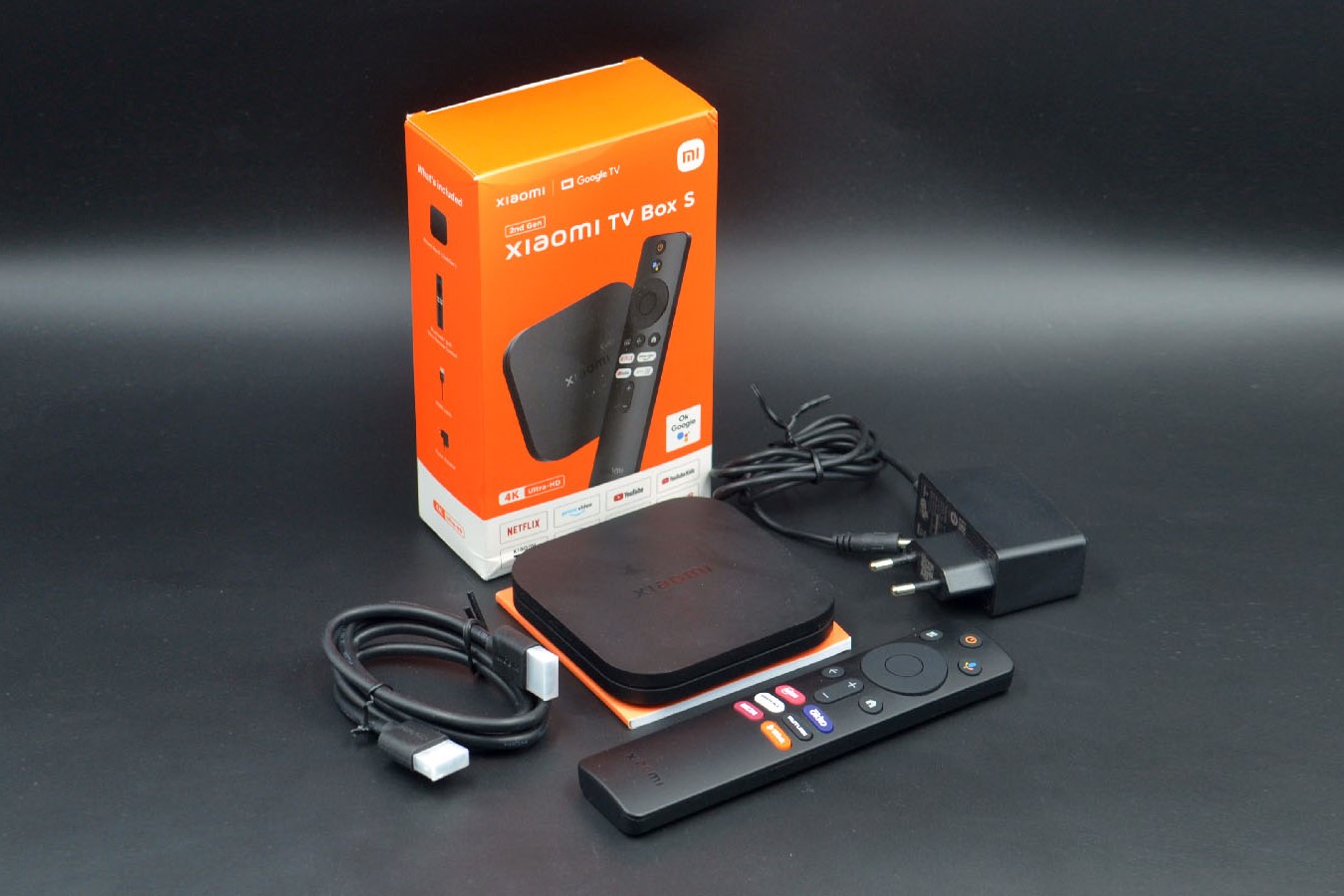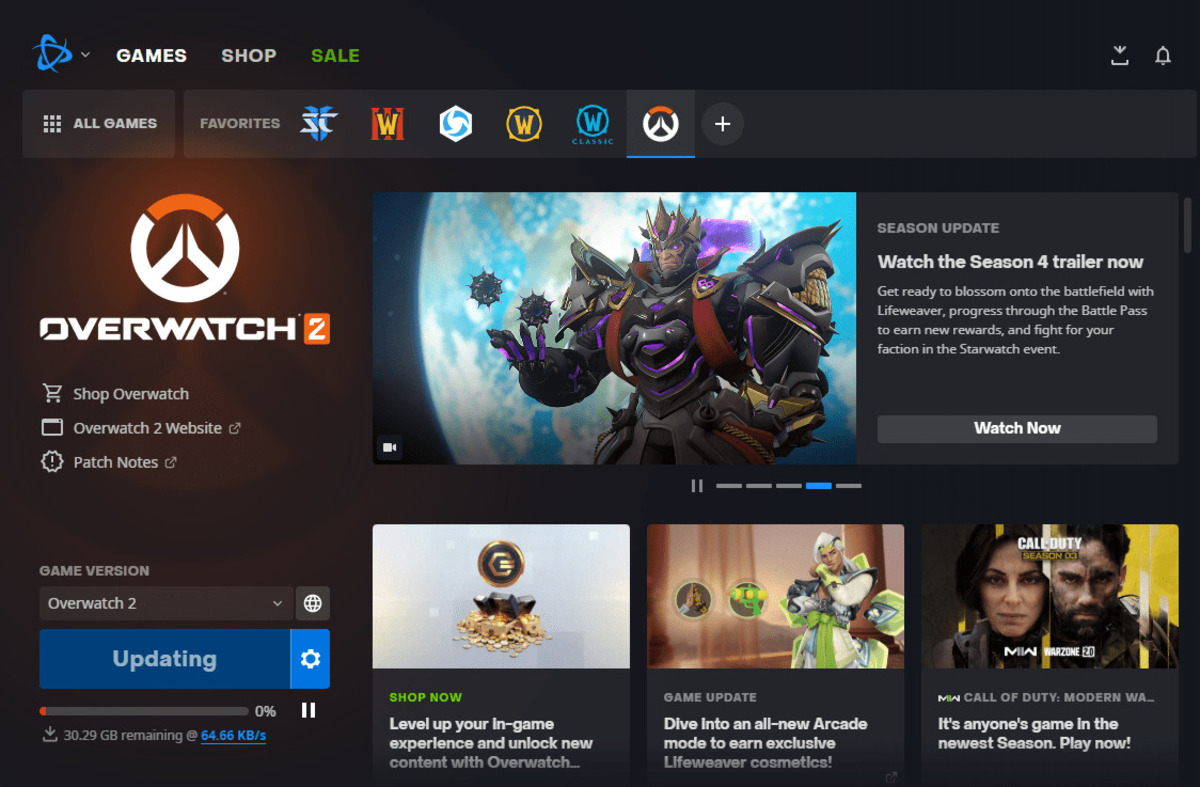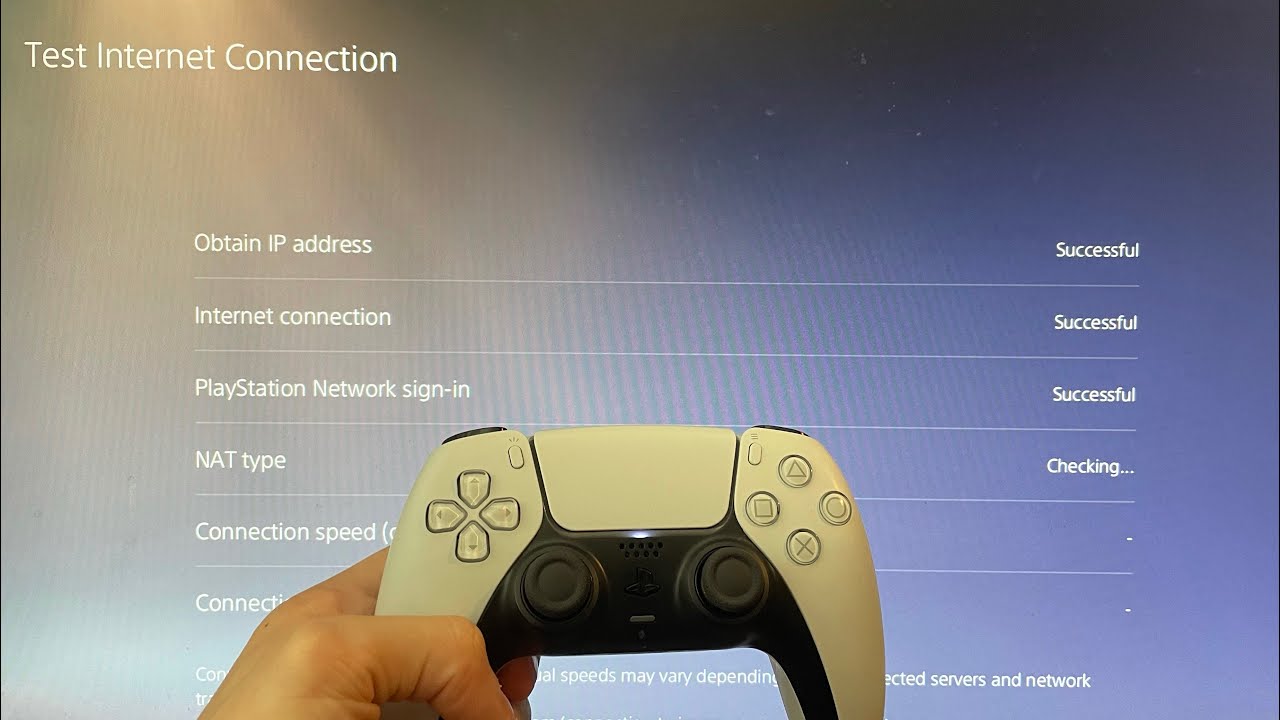Introduction
Welcome to the world of online gaming, where every millisecond matters. As an avid gamer, you know that a split-second delay can make the difference between victory and defeat. While there are many factors that contribute to the overall gaming experience, one crucial element that often gets overlooked is the Domain Name System (DNS).
The DNS is responsible for translating human-readable website addresses, such as www.example.com, into numerical IP addresses that computers can understand. It acts as a digital phonebook, matching domain names to their corresponding IP addresses. In the context of online gaming, the DNS plays a significant role in connecting your gaming device to the game’s servers.
But what if your DNS is not optimized for gaming? You may experience lag, high latency, and increased response time, negatively impacting your gaming performance. This is where DNS Benchmark comes into play. It is a powerful tool that allows you to find the fastest and most reliable DNS servers for your gaming needs.
In this article, we will guide you on how to use DNS Benchmark to optimize your online gaming experience. By the end, you’ll be equipped with the knowledge to choose the best DNS servers that will enhance your gaming performance, reduce latency, and elevate your gaming sessions to a whole new level.
What is DNS Benchmark
DNS Benchmark is a free and lightweight utility developed by Gibson Research Corporation (GRC) that helps users determine the speed and performance of different DNS servers. It allows you to compare the response times of various DNS servers and identify the ones that offer the fastest lookup times for your specific location.
When you run DNS Benchmark, it generates a comprehensive report showcasing the performance results of your current DNS server and a list of alternative DNS servers. These alternative servers are ranked based on their response times, allowing you to select the most optimal DNS servers for your online gaming needs.
The software offers a simple and user-friendly interface, making it accessible to both beginner and advanced users. It provides detailed graphs, statistics, and customizable testing options, allowing you to fine-tune the benchmarking process according to your requirements.
DNS Benchmark performs a series of tests to measure the performance of DNS servers. It sends multiple queries to each server and records the timing of the responses. This information is then used to calculate the average response time, enabling you to determine which servers offer the lowest latency and fastest lookup times.
Additionally, DNS Benchmark can also evaluate the reliability and security aspects of DNS servers, providing you with a comprehensive analysis of their performance. This is crucial when it comes to online gaming, as a stable and secure DNS server ensures a consistent and secure connection to the game servers, minimizing the risk of disruptions or security vulnerabilities.
By using DNS Benchmark, you can make informed decisions about which DNS servers to use for your online gaming sessions. It empowers you to improve network performance, reduce latency, and enjoy a smoother and more enjoyable gaming experience. Now that we understand what DNS Benchmark is, let’s explore why online gamers need to use it.
Why do online gamers need to use DNS Benchmark
As an online gamer, your primary objective is to have a seamless and uninterrupted gaming experience. Network performance, latency, and response time are crucial factors that can greatly impact your gaming sessions. Here’s why using DNS Benchmark is essential for online gamers:
1. Reduced Latency: Latency, also known as ping, refers to the delay or lag between your gaming device and the game’s servers. High latency can result in sluggish gameplay, delayed actions, and poor responsiveness. By using DNS Benchmark, you can identify DNS servers with lower response times, which in turn reduces latency and provides a more real-time gaming experience.
2. Faster DNS Lookup: The time it takes for your DNS server to resolve domain names into IP addresses can impact the speed at which you connect to game servers. DNS Benchmark allows you to evaluate different DNS servers and choose the ones that offer faster lookup times. This means quicker connections to game servers, resulting in faster loading times and smoother gameplay.
3. Better Reliability: DNS Benchmark not only measures response times but also evaluates the reliability of the DNS servers. A reliable DNS server ensures a consistent and stable connection to the game servers, minimizing the chances of disconnections or interruptions during gameplay.
4. Improved Security: Some DNS servers may have built-in security features to protect users from malicious websites and online threats. By using DNS Benchmark, you can identify DNS servers that prioritize security, thereby reducing the risk of falling victim to cyber-attacks or accessing compromised gaming websites.
5. Global Server Optimization: DNS Benchmark allows you to test DNS servers from different regions and locations. This is particularly useful for gamers who often connect to servers located in different countries. By choosing DNS servers optimized for specific regions, you can enhance the connection stability and reduce latency even further.
Overall, using DNS Benchmark empowers you to make informed decisions about the DNS servers you use for online gaming. It helps you optimize your network performance, reduce latency, and create a more enjoyable and smooth gaming experience. Now that we understand the significance of using DNS Benchmark, let’s dive into the step-by-step process of using this powerful tool.
Step 1: Download and Install DNS Benchmark
The first step to using DNS Benchmark is to download and install the software on your computer. Here’s how you can get started:
1. Visit the official website of Gibson Research Corporation (GRC), the developer of DNS Benchmark.
2. Look for the download link for DNS Benchmark. It is a small-sized utility and will not take up much disk space.
3. Click on the download link to initiate the download process.
4. Once the download is complete, locate the setup file on your computer and double-click it to start the installation.
5. Follow the on-screen instructions provided by the installer to complete the installation process. Make sure to read and accept any license agreements or terms of use.
6. After the installation is complete, you should see the DNS Benchmark icon on your desktop or in the start menu. Launch the program by double-clicking the icon.
7. At this point, DNS Benchmark is ready to use, and you can proceed to the next step.
It is worth mentioning that DNS Benchmark is available for Windows operating systems. If you are a Mac or Linux user, you can consider using alternative DNS benchmarking tools that are compatible with your operating system.
Now that you have successfully downloaded and installed DNS Benchmark, you are ready to move on to the next step: adding gaming servers.
Step 2: Add Gaming Servers
After installing DNS Benchmark, the next step is to add the gaming servers you want to test. By adding specific gaming servers to the benchmark test, you can measure the performance of DNS servers in relation to those game servers. Here’s how you can add gaming servers in DNS Benchmark:
1. Launch DNS Benchmark by double-clicking on the program icon.
2. In the main DNS Benchmark interface, you will see a textbox labeled “Nameservers.” This is where you can add the IP addresses or domain names of the gaming servers you want to test.
3. Start by obtaining the IP addresses or domain names of the gaming servers you wish to add. You can usually find this information on the game’s official website or community forums.
4. Enter the IP addresses or domain names one by one in the “Nameservers” textbox. You can separate each entry with a space, comma, or on a new line.
5. Once you have added all the gaming servers you want to test, click on the “Add/Update” button next to the textbox.
6. DNS Benchmark will now update the server list with the gaming servers you added. This process may take a few moments, depending on the number of servers you included.
7. Once the server list is updated, you will see the added gaming servers along with their corresponding IP addresses or domain names in the main interface.
By adding specific gaming servers, DNS Benchmark will focus the benchmark test on measuring the performance of DNS servers in relation to those gaming servers. This allows you to evaluate the responsiveness and reliability of DNS servers specifically catering to your gaming needs.
With the gaming servers added, you are now ready to run the benchmark test and analyze the results. Proceed to the next step to understand how to execute the benchmark test using DNS Benchmark.
Step 3: Run the Benchmark Test
Now that you have added the gaming servers to DNS Benchmark, it’s time to run the benchmark test and measure the performance of the DNS servers. Follow these steps to initiate the benchmark test:
1. In the DNS Benchmark interface, you will see a button labeled “Run Benchmark” or “Start Benchmark.” Click on this button to begin the test.
2. The benchmark test will take some time to complete, depending on the number of DNS servers and gaming servers you added. During the test, DNS Benchmark will send multiple queries to each DNS server and measure the response times.
3. Sit back and let the test run its course. You can monitor the progress through the progress bar or status indicators provided by DNS Benchmark.
4. Once the benchmark test is complete, you will be presented with a detailed report or analysis of the test results. DNS Benchmark will generate graphs, statistics, and data that allow you to evaluate the performance of the DNS servers.
5. Take note of the response times, average statistics, and rankings of the DNS servers. This information will help you make informed decisions about which DNS servers are the most optimal for gaming.
It’s important to note that the benchmark test should ideally be run during a time when your internet connection is stable and not under heavy usage. This ensures that the test results accurately reflect the performance of the DNS servers.
With the benchmark test completed, you are now ready to move on to the next step: analyzing the results and selecting the best DNS servers for gaming. Continue reading to learn how to interpret the benchmark test results and make improvements to your gaming performance.
Step 4: Analyze the Results
After running the benchmark test in DNS Benchmark, it’s time to analyze the results to determine the best DNS servers for your gaming needs. Follow these steps to interpret the benchmark test results:
1. Look for the response time rankings: DNS Benchmark will provide a list of DNS servers along with their response times. Pay attention to the servers with lower response times, as these indicate faster and more efficient DNS lookup performance.
2. Consider the average response times: DNS Benchmark will calculate the average response times for each DNS server based on the multiple queries sent during the benchmark test. Focus on the servers with lower average response times, as these indicate consistent and reliable performance.
3. Evaluate the reliability of the DNS servers: Look for any notes or indications in the DNS Benchmark report that highlight the reliability or stability of the DNS servers. A reliable DNS server ensures a consistent and uninterrupted connection to the game servers, minimizing the risk of disconnections or lag during gameplay.
4. Take note of the server rankings: DNS Benchmark may provide rankings or scores for each DNS server based on its performance. Consider these rankings when selecting the best DNS servers for gaming. Aim for servers that have higher rankings, as these are more likely to offer better performance.
5. Consider geographical location: If you play games with servers located in different regions, consider the geographical location of the DNS servers. Opting for DNS servers closer to the game servers can further reduce latency and improve performance.
6. Compare the results with your current DNS server: If you were using a specific DNS server prior to running the benchmark test, compare its performance with the alternatives suggested by DNS Benchmark. If the results indicate that another DNS server performs better, consider switching to that server to improve your gaming experience.
By analyzing the benchmark test results in DNS Benchmark, you can identify the DNS servers that offer the best performance and reliability for your online gaming sessions. The next step will guide you on how to leverage these results to enhance your gaming performance.
Step 5: Improve Gaming Performance with Optimal DNS Servers
Now that you have analyzed the benchmark test results in DNS Benchmark and identified the DNS servers that offer the best performance for your online gaming, it’s time to make the necessary changes and improve your gaming experience. Follow these steps to leverage the optimal DNS servers:
1. Select the best DNS servers: Based on the benchmark test results, choose the DNS servers that have demonstrated lower response times, better average performance, higher rankings, and reliability. These servers are more likely to provide the improved gaming performance you desire.
2. Make a note of the IP addresses or domain names of the selected DNS servers. You will need this information for the next step.
3. Configure your network settings: Access your computer or router’s network settings and locate the DNS settings. Replace the current DNS server addresses with the IP addresses or domain names of the optimal DNS servers you selected.
4. Save the changes and apply the new DNS server settings. This will ensure that your computer or router uses the selected DNS servers for all network connections, including your online gaming sessions.
5. Test the new DNS servers: Once the changes are applied, run a test to verify if the new DNS servers are being used. You can use online DNS testing tools or simply open a web browser and visit a website to check the response times. If the performance is improved and the response times are faster, it indicates that the new DNS servers are successfully in use.
6. Enjoy the enhanced gaming experience: With the optimal DNS servers in place, you should experience reduced latency, faster DNS lookups, and a smoother gaming experience overall. Enjoy the benefits of improved performance while playing your favorite online games.
It’s important to note that DNS caching and propagation may take some time, especially if you have changed the DNS settings on a router or at the network level. It is recommended to restart your devices or wait for a few hours to allow for the changes to take effect completely.
By leveraging the optimal DNS servers, you have taken a significant step towards improving your gaming performance. Enjoy your enhanced online gaming experience and indulge in uninterrupted gameplay with reduced latency and faster connections.
Conclusion
Optimizing your DNS servers using DNS Benchmark can greatly enhance your online gaming experience. By reducing latency, improving response times, and ensuring a stable connection to game servers, you can enjoy smoother gameplay and gain a competitive edge. Here’s a recap of the steps involved:
1. Download and Install DNS Benchmark: Begin by downloading and installing DNS Benchmark, a free utility developed by Gibson Research Corporation.
2. Add Gaming Servers: Add the gaming servers you wish to test. This will help evaluate DNS server performance specific to those gaming servers.
3. Run the Benchmark Test: Initiate the benchmark test and let DNS Benchmark measure the performance of the DNS servers. This will provide you with valuable insights and data.
4. Analyze the Results: Review the benchmark test results, considering response times, average performance, reliability, server rankings, and geographical location. Compare these results with your current DNS server.
5. Improve Gaming Performance: Select the optimal DNS servers based on the results. Configure your network settings to use the chosen DNS servers. Verify the changes and enjoy the improved gaming experience.
By following these steps, you can optimize your DNS servers and reduce latency, resulting in smoother gameplay, faster connections, and an overall improved gaming performance. Remember to periodically re-evaluate your DNS server choices as network conditions and server performance may change over time.
Now that you have the knowledge and tools to leverage DNS Benchmark, take control of your online gaming experience and elevate it to new heights. Embrace seamless gameplay, reduced lag, and enhanced responsiveness as you immerse yourself in the exciting and competitive world of online gaming.

























